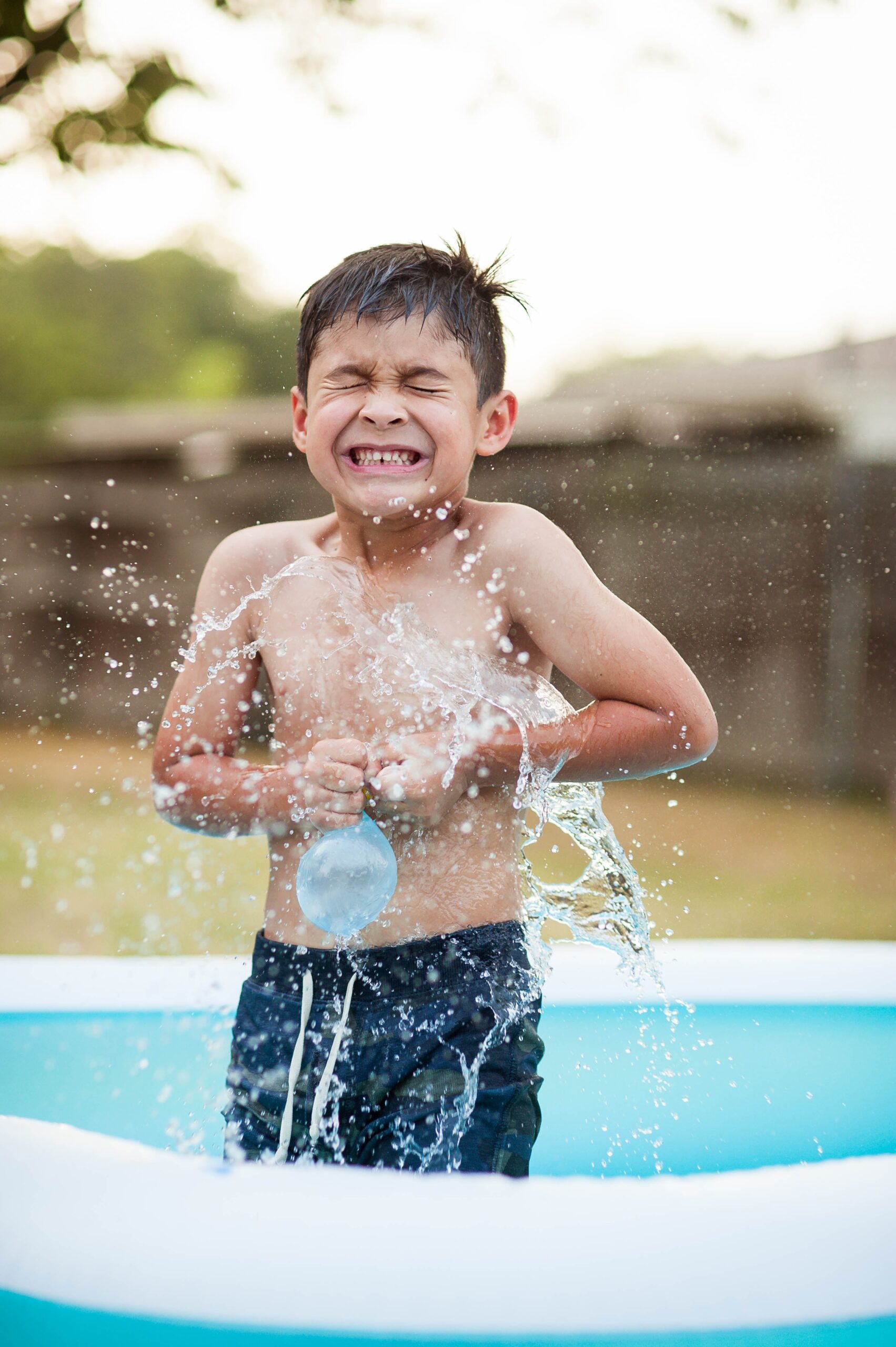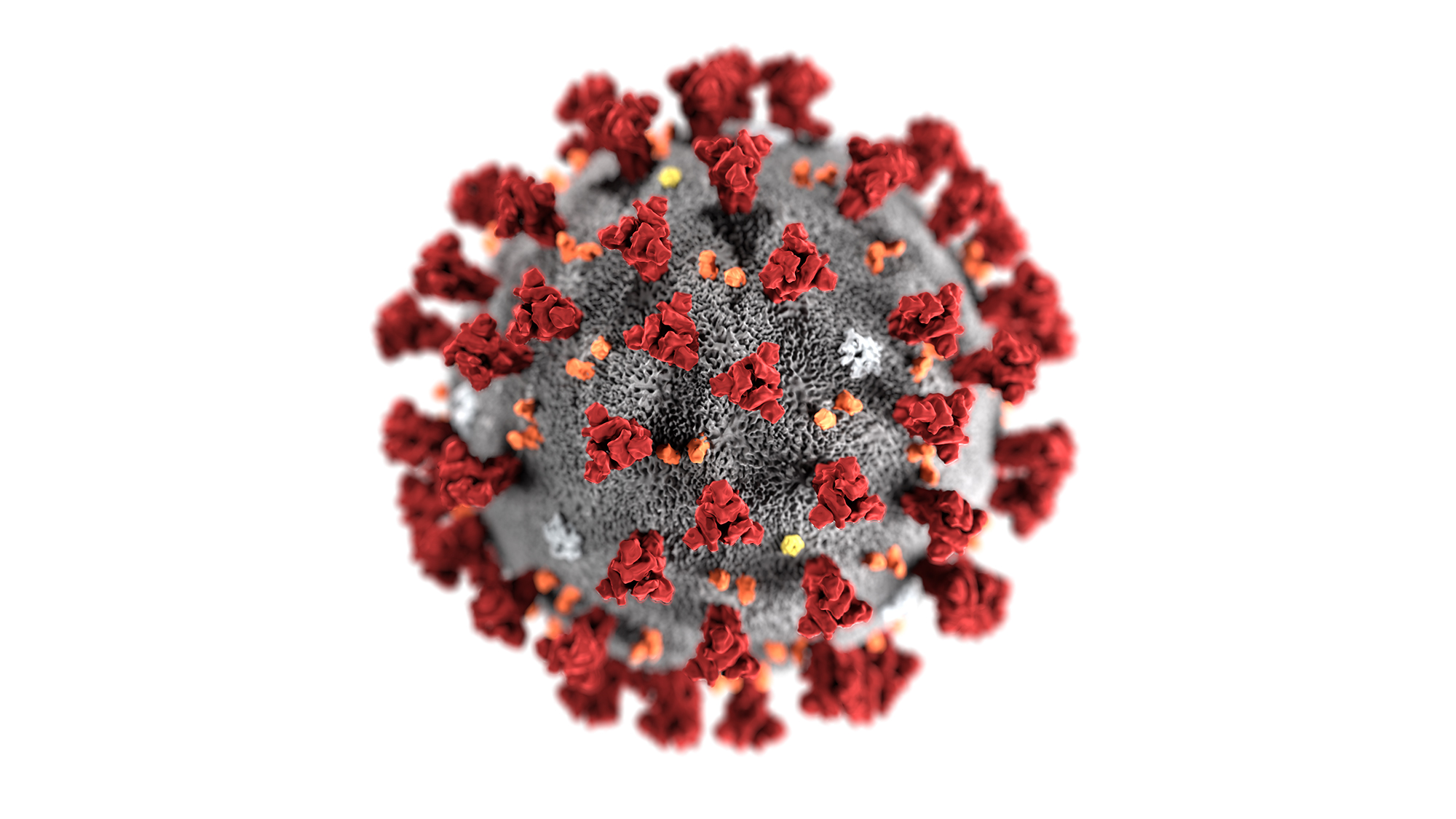And How You Can Create a Happy Partnership with Your Child
The scenario is all too familiar for us parents. We planned for a fun afternoon out with the kids, a way to let them get some energy out while spending some quality time with them. We have the best of intentions but things slowly get out of control.
Trying to get them to listen, to stay close, and to not touch everything that they see become the only tasks that you can focus on. Suddenly, we no longer feel like we’re out with the family, but instead we feel like a zookeeper that is trying to get all the animals back in their cages.
Eventually emotions get too high and something snaps. Saying that you can’t ride the ride at the mall, or buy the product in the store, or go down the hallway creates an explosion that was building, and yet again you are in a public place facing yet another temper tantrum.
These tantrums don’t always happen in public, but when they do they are always the worst.
What we really need to do is breathe, relax, and think of the proper way to deal with this situation. Instead, we start to let our emotions get the best of us and out of frustration we try to change their behaviour by escalating various threats and punishments. Typically starting small we quickly find that our child is not reacting to these threats. We have now entered into a game of Russian roulette with an opponent that doesn’t care about the consequences. In a moment that we quickly regret we threaten with the most severe thing we can come up with and then there is silence.
No matter what the outcome, we know we have already lost.
We are now faced with the decision to follow through with our punishment causing more damage to our relationship without actually achieving the behaviour that we desired, or we can go back on our decision and risk all future threats being dismissed as just fake promises that never get fulfilled.
What went wrong we think to ourselves, but more importantly what could I have done to prevent this from happening in the first place?
Understanding the Mind of a Child
Most children have a lot of energy; this is one of the definitions of being a child. But children with ADHD are typically diagnosed because they have an above average amount of energy. When channeled properly this can be a useful skill, however; when channeled improperly it can be a recipe for disaster.
At the park we let the kids ‘go wild’ and ‘run free’ but in public places around adults, for some reason we expect that they should no longer act like a child and instead quickly grow up, and fit in with the adults around them. Our desire to control our kids is the first challenge that we must overcome.
Prevent the Tantrum Before it Begins
An ounce of prevention is always worth a pound of cure. Rather than trying to use our parental control to achieve our goals, it is more effective to partner with your child so you both achieve your goals together. You want to get certain tasks done in the mall, and your child wants to do certain things, and most of the time they are opposites. But what your child really wants is to have fun and spend time with you, so your goal is to make the things that you need to do more fun than the shiny thing that caught their attention.
At times this can be easier said than done, but with a little practice and creativity anyone can do it. Going to the bank machine is a boring chore for a child, but getting them to push the buttons or put the money in the envelope can be a very powerful experience. This will work well for a five year old, but as your child ages, you have to come up with more age appropriate ways to keep them interested.
Promises and constant reminders of exciting rewards are also a great way to create a partnership where you get what you want and then they get what they want.
But even the most creative parents will still run into situations where things get out of control. When this happens it is critical to remind yourself of the following:
Dealing with an Emotional Child
When people are experiencing negative emotions like being upset, sad, or angry, they become irrational. We see that this happens with adults, but it is even more common in children. A child doesn’t have the ability to be aware and in control of their emotions. For this reason they become irrational much quicker and it lasts much longer.
Using rational statements is a great strategy when dealing with a rational person. But once a child is no longer being rational, you are just wasting your time. Yet many of us find ourselves trying to explain to our children why they shouldn’t behave in this way during the height of their emotional fit. This is not the time for us to try to give a lecture to our child as they are not in a state that they can hear or understand what we are saying.
The goal during this emotional state is to show empathy for them so they know that we love them, and try to comfort them until they slowly come out of this state. Anything else that you try is simply a waste of time and energy – and not very rational.
The Challenge of Anger
An angry person is an emotional person on steroids. When children experience anger they are likely to lash out at whatever they can. ADHD kids can pose a more difficult problem as their energy mixed with anger forces you to deal with this emotional state quicker. The key to remember is that you must remain calm and empathetic during their anger. You will never convince an angry child not to be angry. Trying to tell them to change their emotions or pointing out they are angry only makes things worse. Efforts to overpower them will make them far angrier as well and cause a bigger struggle. For this reason only use methods to physically restrain a child if they are a real, physical danger to themselves or others.
To de-escalate the situation and calm the emotions, try removing the audience. People find it easier to calm down when no one is around. Children like public tantrums because they typically get what they want faster. By removing them from the eyes of the public they have no one to witness the drama and will naturally subsist. It also reduces embarrassment that they may feel afterwards when they realize what they did.
Why ADHD Children Have Meltdowns
Children with ADHD have a hard time sorting through their thoughts. Impulsivity is a common trait of ADHD and means that your child will frequently act on their thoughts before they process them. Even afterward, it can be difficult for them to identify the feelings or put into words what was frustrating them, making finding a solution very challenging. What ADHD children need is your patience and support above all else as you help them build these skills so that they are able to control their thoughts, emotions, and actions.
Being diagnosed with ADHD is not a life sentence. With the proper treatment, your child can overcome this challenge and learn how to thrive in any environment. Maximind, uses brain training techniques to help children with ADHD. You can learn more by visiting our ADHD Solution page, or to have more specific questions answered, Contact Us for a free ADHD Evaluation.






